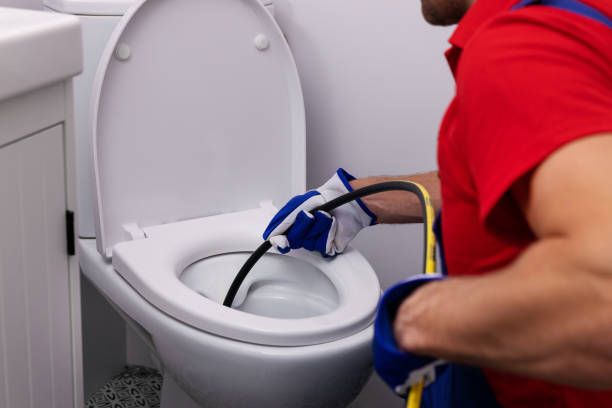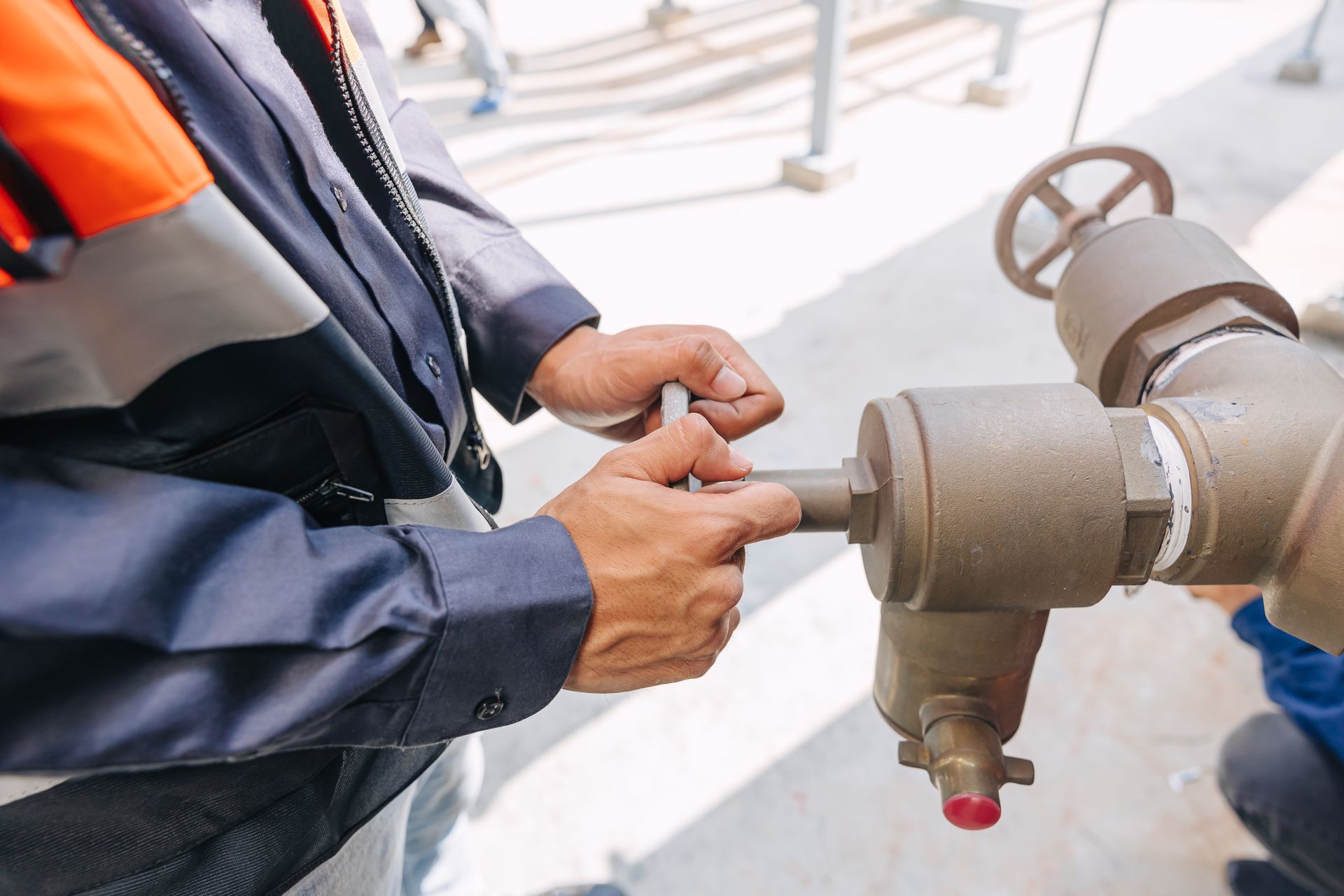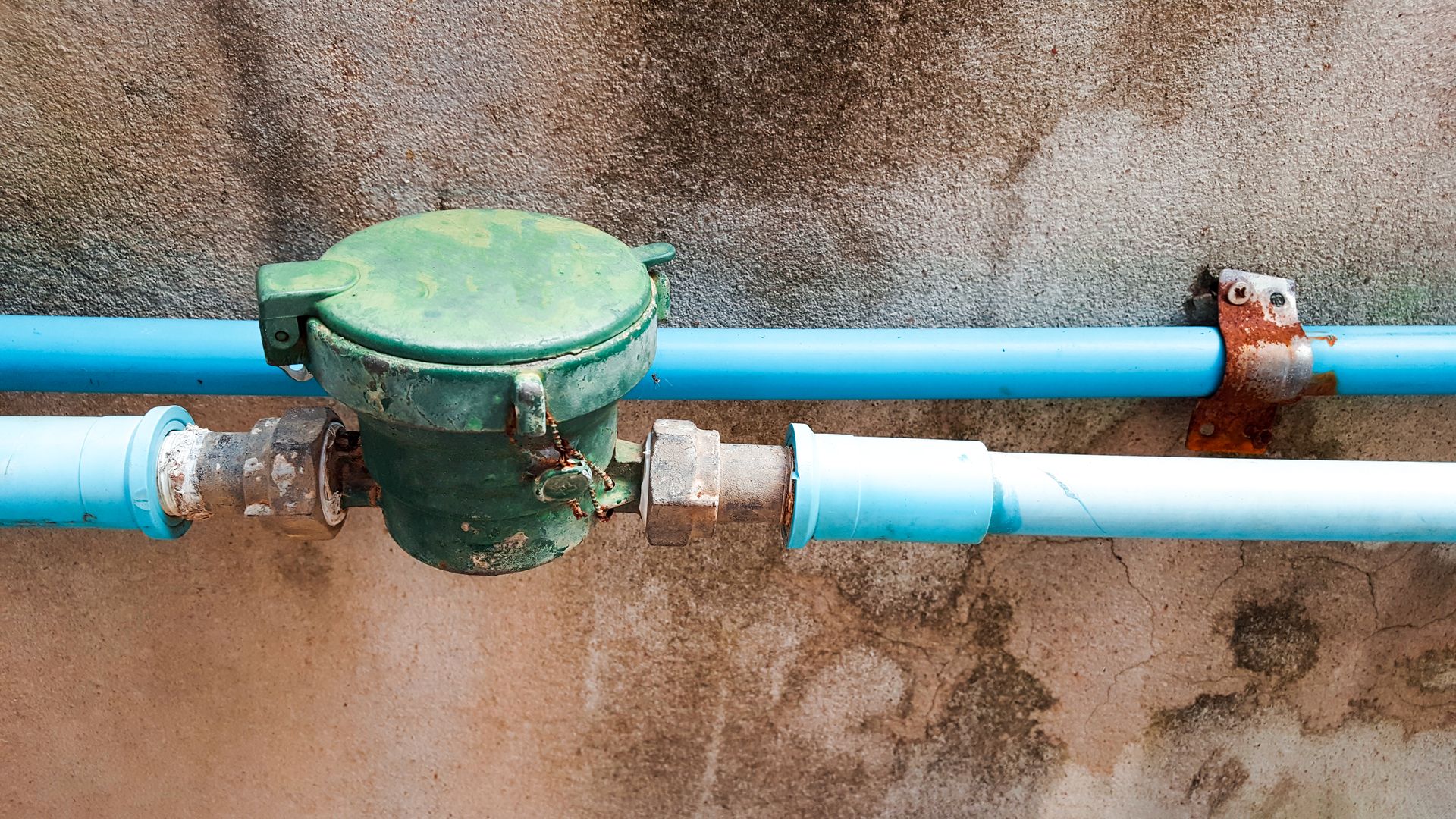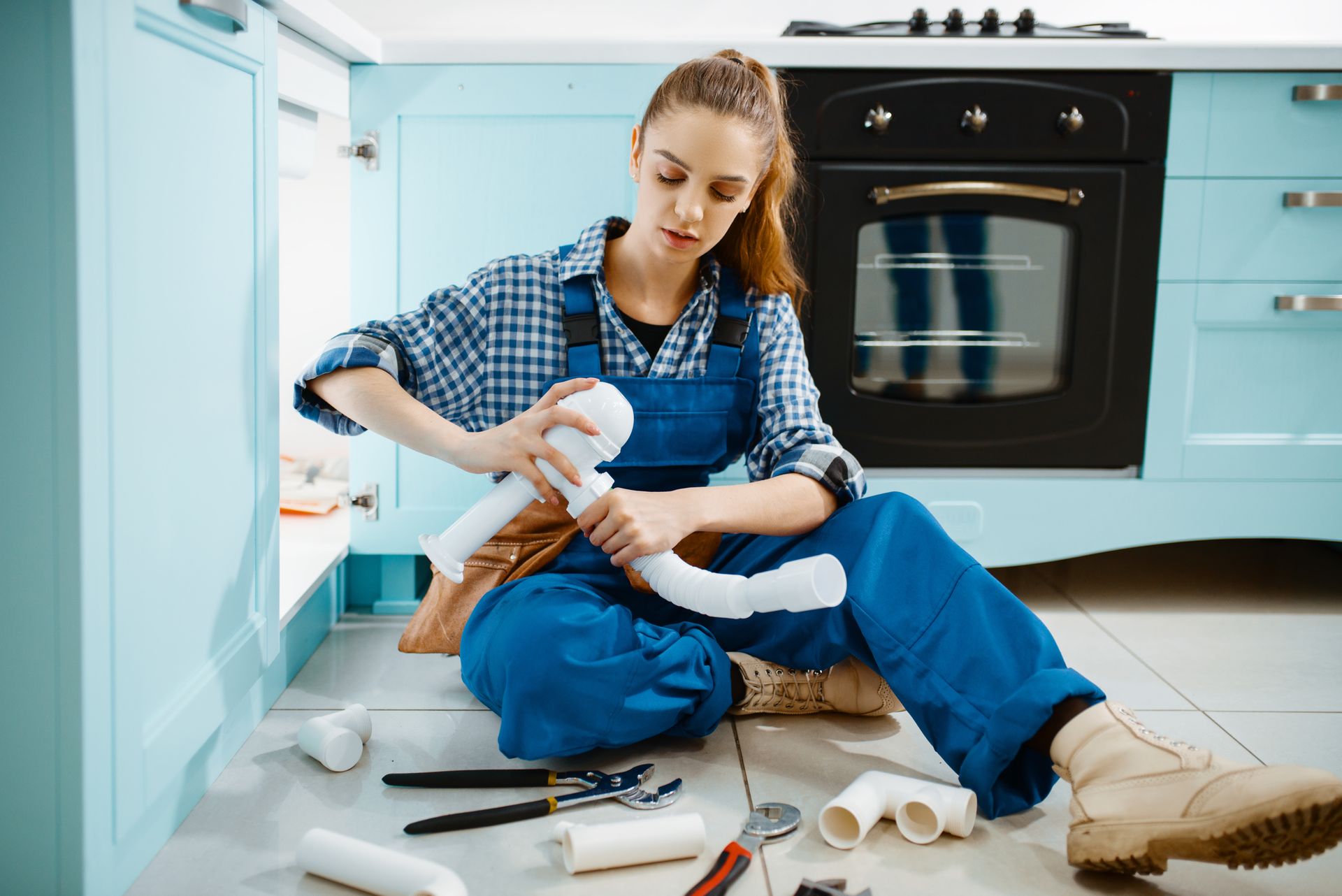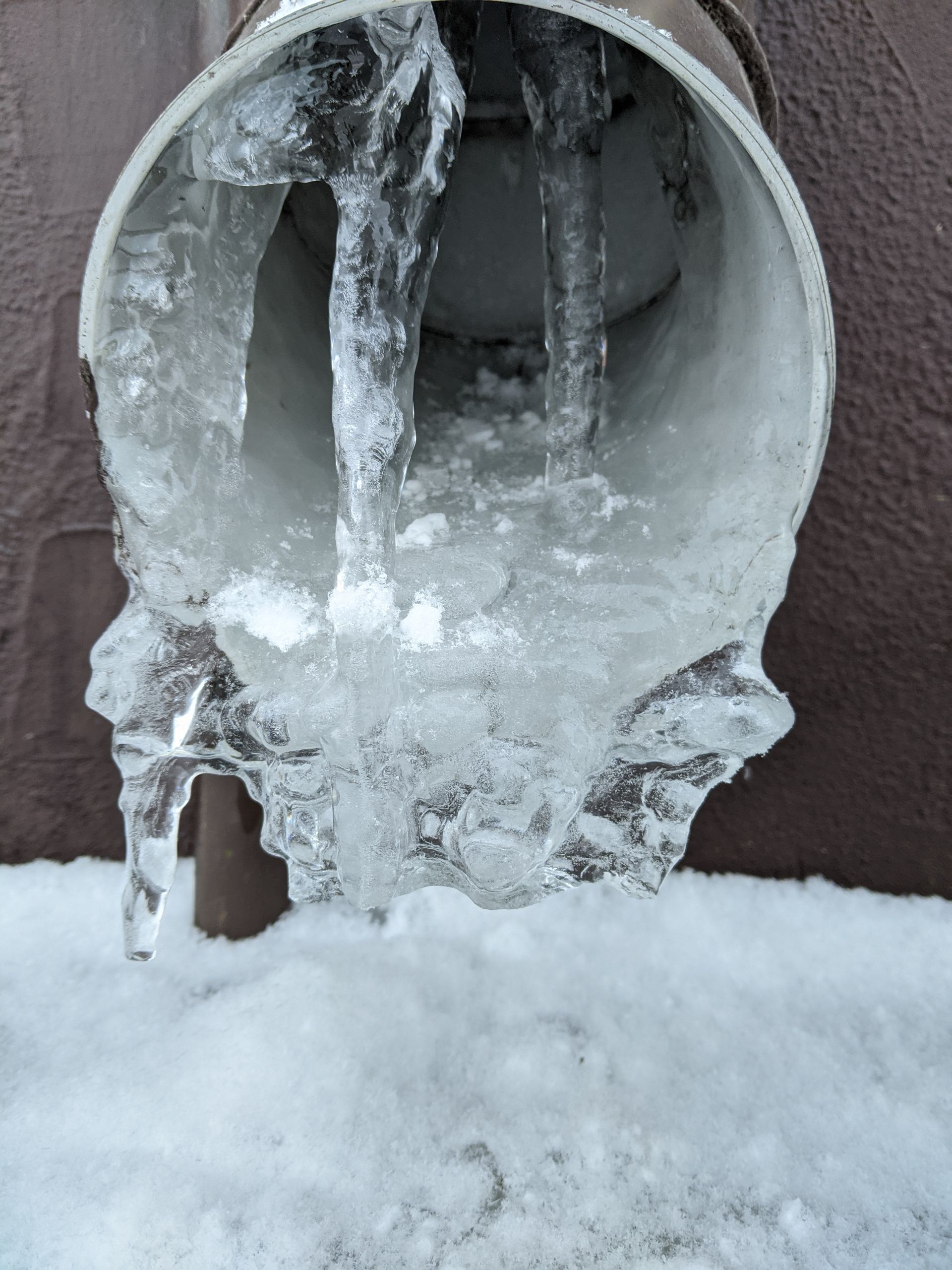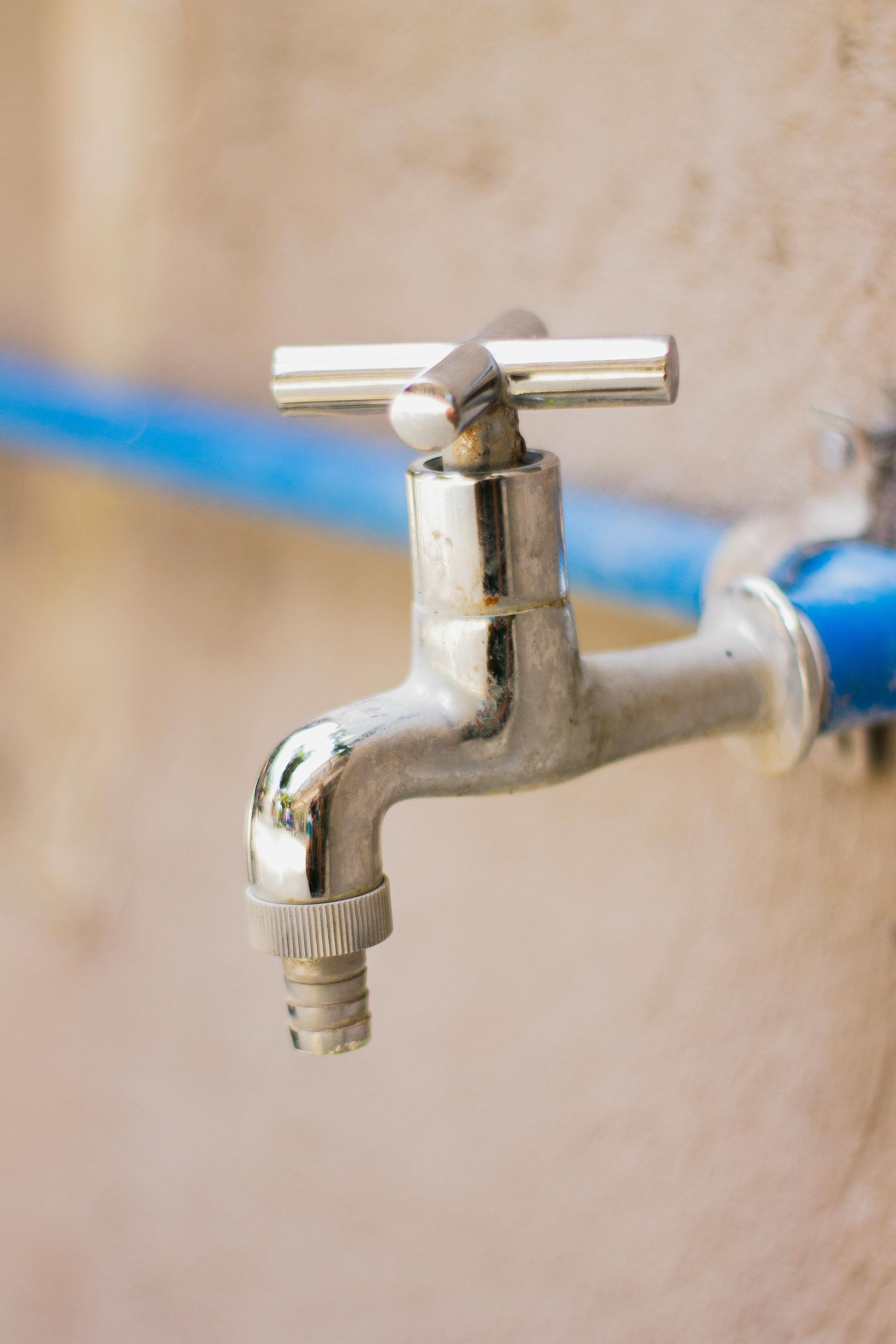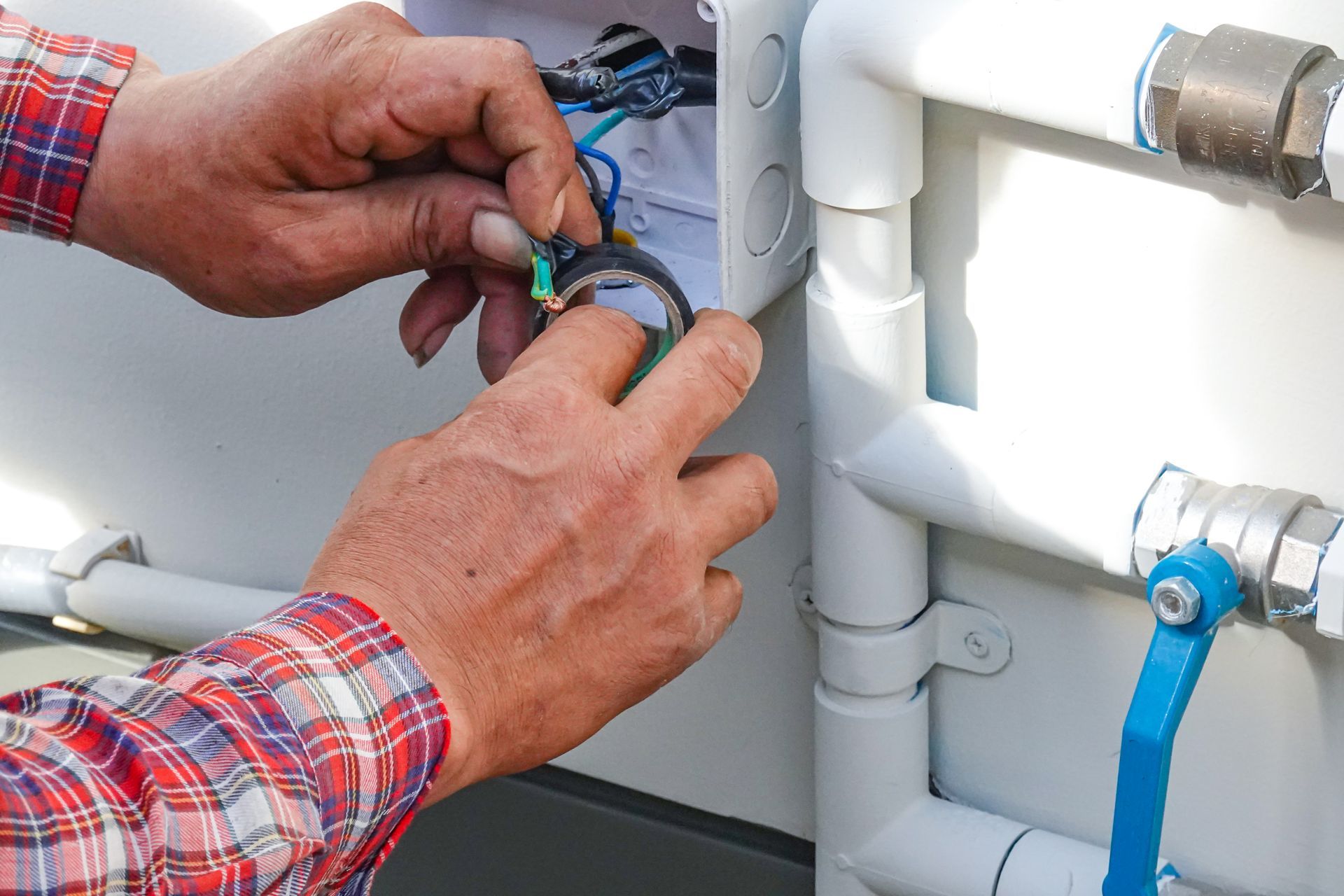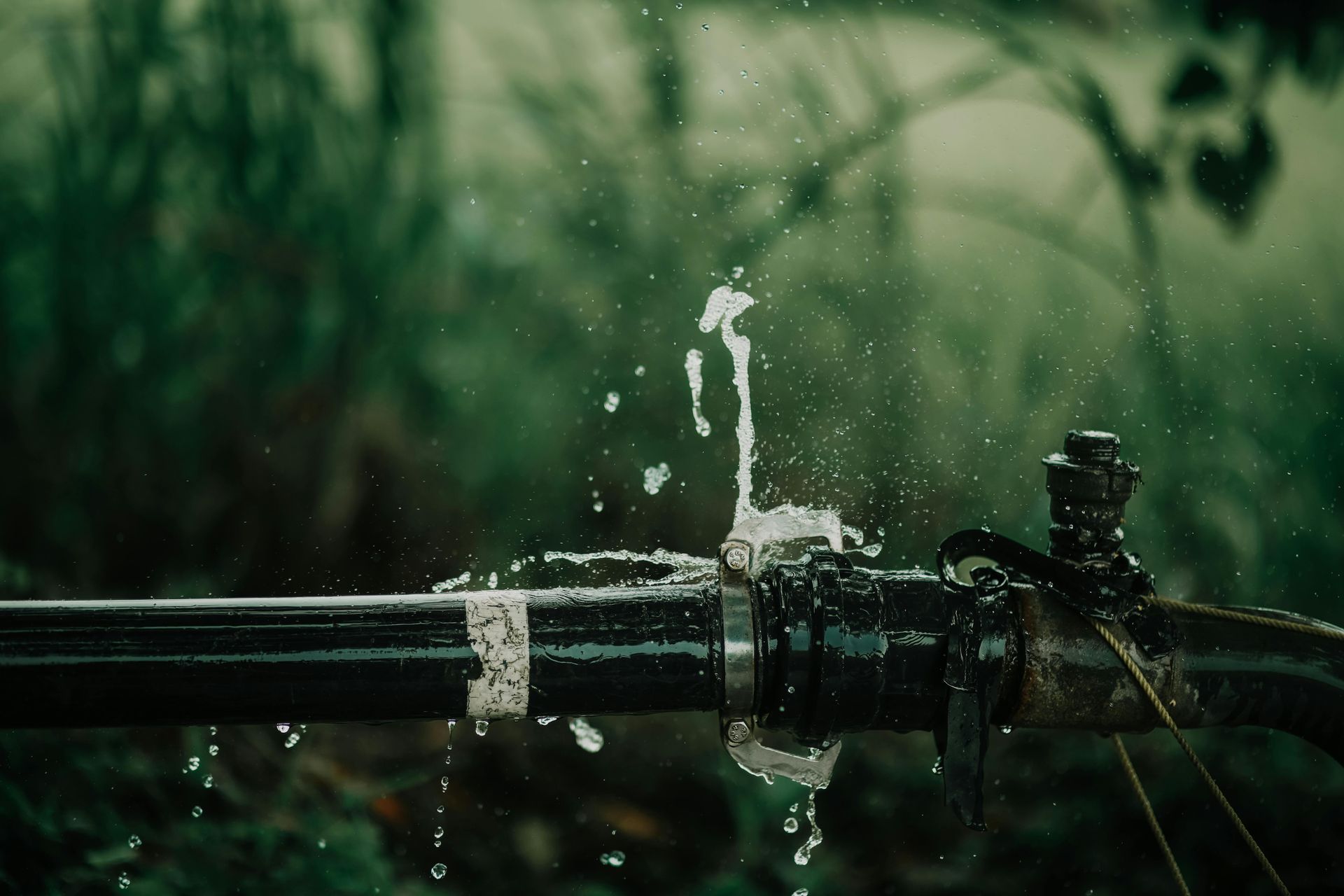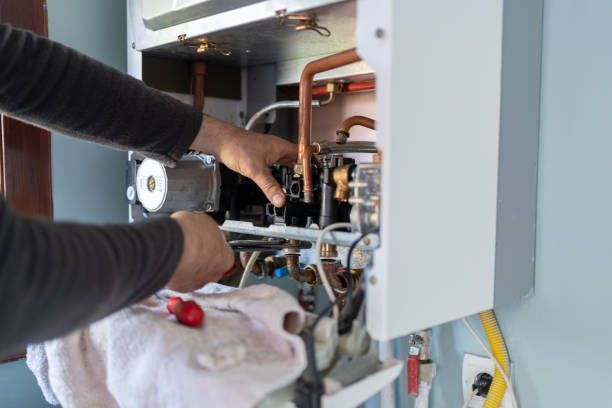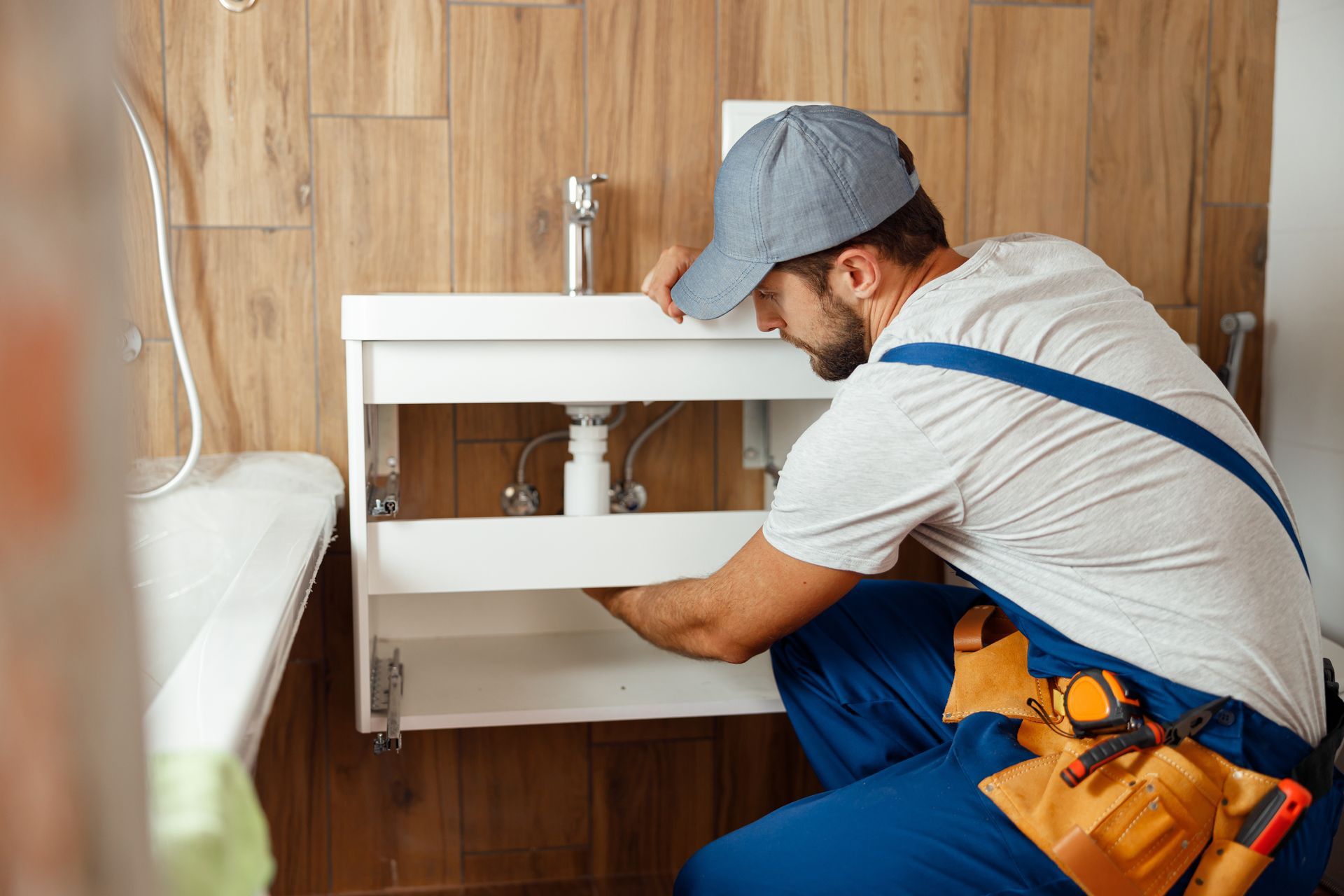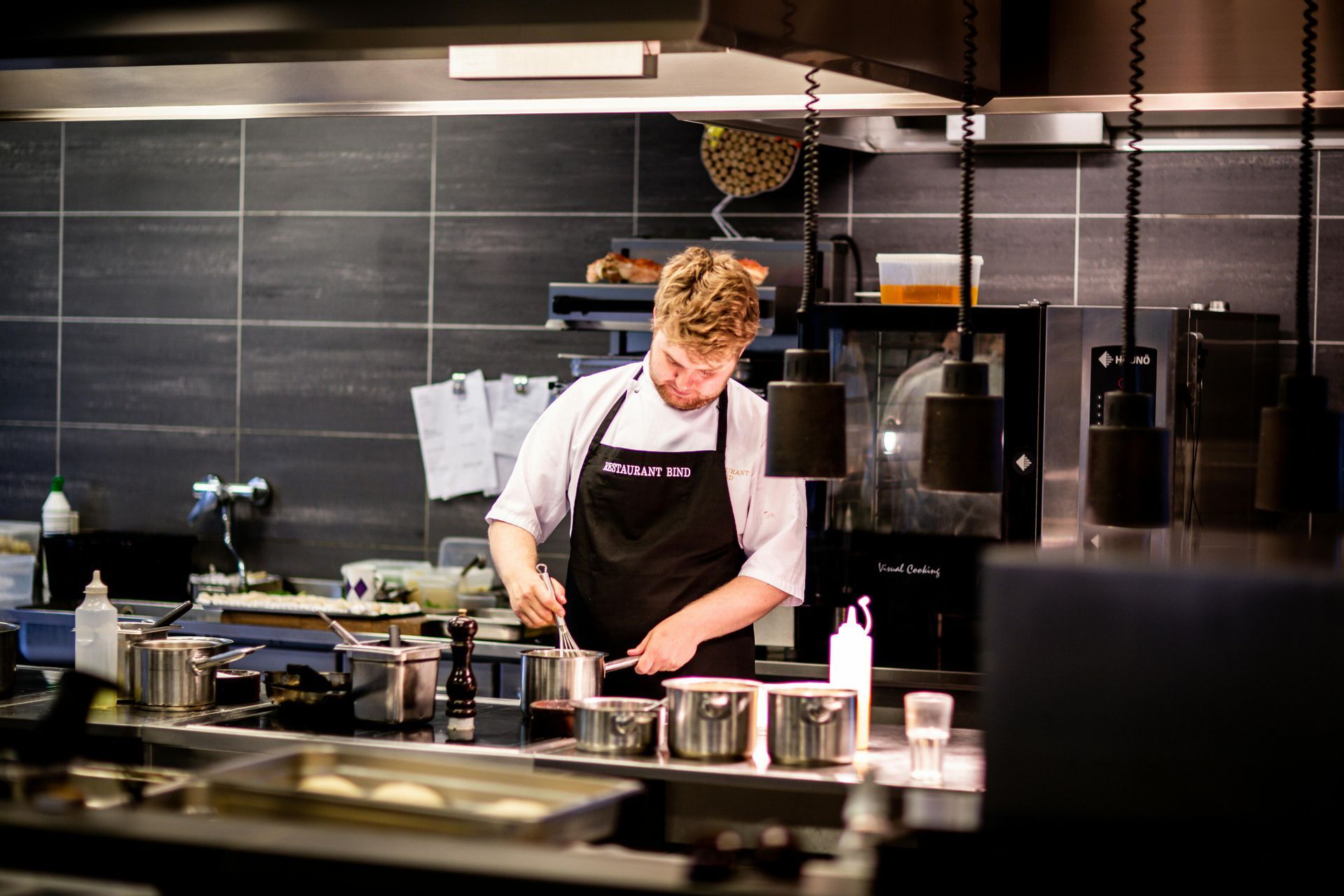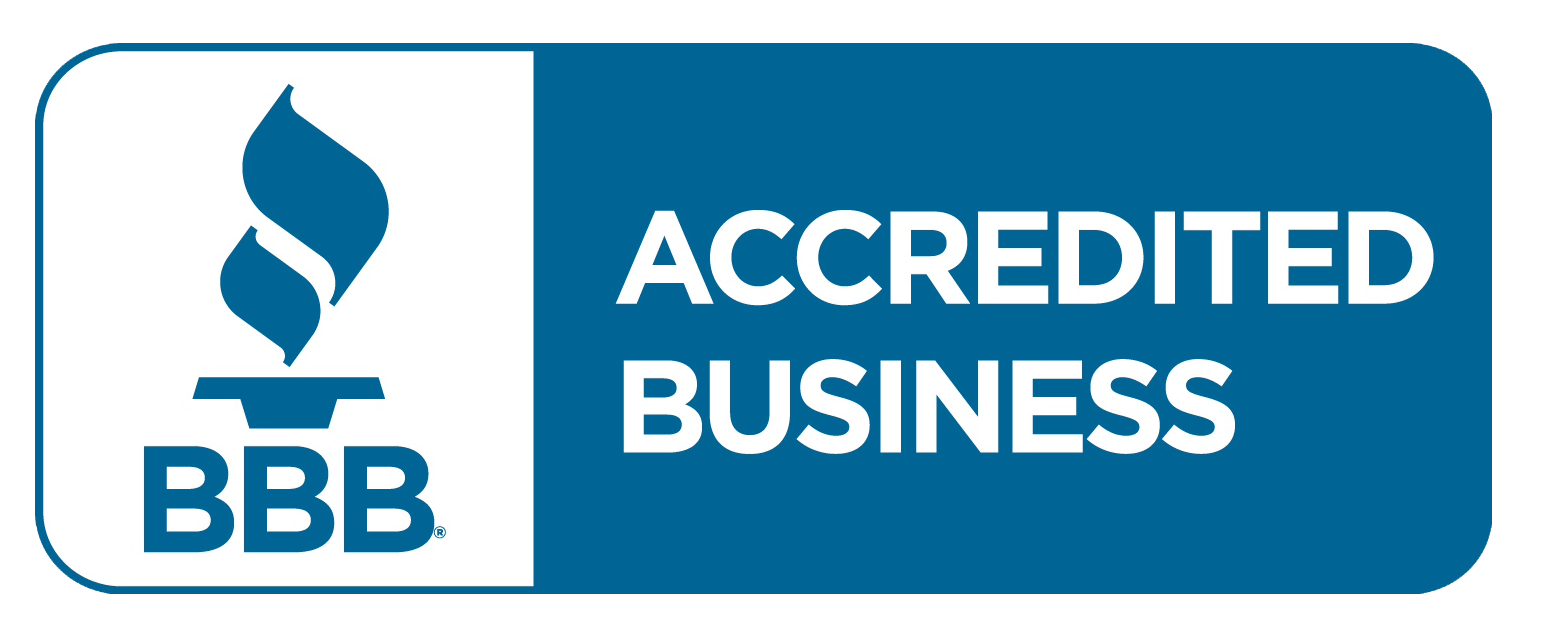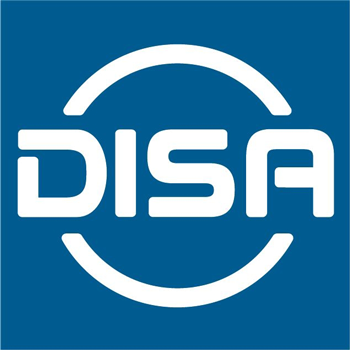Unclog Like a Pro: DIY Drain Cleaning Techniques
Clogged drains are a frustrating reality of everyday plumbing. Whether it's a slow-draining sink or a completely blocked shower, these issues can disrupt your daily routine and leave you feeling helpless. But before you call in the professionals (although we're always happy to help at Triple J Plumbing LLC), there are several DIY techniques you can try to unclog your drain like a pro.
Nature's Symphony
Understanding the Clog
The first step to tackling a clogged drain is understanding what might be causing it. Common culprits include:
- Hair: This is a major culprit, especially in shower and bathroom sink drains.
- Soap scum: Over time, soap scum can build up on the inner walls of pipes, causing blockages.
- Food scraps: These can accumulate in kitchen sink drains, particularly grease and oil.
- Foreign objects: Small toys, jewelry, or other accidentally flushed items can lodge themselves in drains.
Safety First!
Before diving into drain cleaning, prioritize safety:
- Wear gloves: This protects your hands from any bacteria or sharp objects lurking in the drain.
- Eye protection: Chemical drain cleaners can splash, so wear safety glasses.
- Ventilation: Open a window to ensure proper airflow when using harsh chemicals.
DIY Drain Cleaning Techniques
Here are some effective DIY techniques for tackling common clogs:
- The Plunger: This is your first line of defense, especially for sink and bathtub clogs. Ensure you use the right type of plunger – a cup plunger for sinks and a flange plunger for toilets. Create a tight seal around the drain opening and plunge forcefully and steadily for several minutes.
- The Baking Soda and Vinegar Powerhouse: This natural cleaning combo creates a fizzing reaction that can loosen and break down minor clogs. Start by adding ½ cup of baking soda to the drain, then follow it up with ½ cup of white vinegar. The mixture will fizz – let it sit for 30 minutes to an hour. Chase the clog away with a flush of hot water.
- Boiling Water for Grease Buildup: For greasy clogs, especially in kitchen sinks, boiling water can be a lifesaver. If your pipes are compatible with boiling water, carefully pour a pot down the drain. The heat can melt greasy buildup and allow water to flow more freely. Caution: Never use boiling water on PVC pipes, as it can cause warping.
- The Drain Snake: For stubborn clogs deeper in the pipes, a drain snake (also called an auger) can be a lifesaver. These long, flexible metal cables with a corkscrew-like tip can reach and break up clogs. Feed the snake slowly down the drain, turning the handle to break up the clog.
- The DIY Drain Trap Cleaning: For some clogs, the culprit might be lurking in the P-trap, the curved section of pipe beneath your sink. Place a bucket under the P-trap to collect any water that spills out. Using an adjustable wrench, loosen the nuts holding the P-trap in place. Carefully remove the P-trap and empty the contents into the bucket. Clean out any debris and reassemble the P-trap, tightening the nuts securely.
When to Call Triple J Plumbing LLC
While these DIY techniques can often solve minor clogs, there are situations where calling a professional plumber is the best course of action:
- Deep-seated clogs: If DIY methods fail to clear the drain, the clog might be deeper within the pipes, requiring professional tools and expertise.
- Frequent clogs: Recurring clogs might indicate a more significant issue with your plumbing system, like damaged pipes or improper venting.
- Leaks: If you notice water leaking around the drain or fixtures, this signifies a leak that needs immediate professional attention to prevent further water damage.
- Broken pipes: If you suspect a broken pipe due to a clog, calling a plumber right away is crucial to minimize water damage.
- Unfamiliarity or discomfort: If you're uncomfortable tackling the clog yourself, there's no shame in calling a professional plumber.
Triple J Plumbing LLC: Your One-Stop Shop for All Your Plumbing Needs
Beyond unclogging drains, Triple J Plumbing LLC is your trusted partner for all your residential and commercial plumbing needs in Madison, IN. We offer a wide range of services, including residential plumbing, commercial plumbing, backflow repair, and water heater repair.
Call us today at
812-748-6760 to schedule an appointment or discuss your plumbing needs. Don't let clogged drains or plumbing problems disrupt your life – let Triple J Plumbing LLC be your hero!
FAQ
What should I never put down the drain?
Never pour grease, oil, coffee grounds, or eggshells down the drain. These substances can solidify and cause clogs. Additionally, avoid flushing anything other than toilet paper and human waste - feminine hygiene products, baby wipes, and paper towels can all contribute to blockages.
Can I use harsh chemical drain cleaners?
Chemical drain cleaners can be effective for stubborn clogs, but use them with caution. These chemicals can be corrosive and damage your pipes. If you choose to use a chemical drain cleaner, follow the instructions carefully and only use it as a last resort.
How can I prevent clogged drains?
Here are some preventative measures to avoid clogged drains:
- To stop hair and debris from causing clogs, consider installing drain filters in your sinks and showers.
- Regularly clean out your garbage disposal by grinding ice cubes and lemon peels.
- Don't pour grease or oil down the drain – dispose of it in a container and throw it away.
- For smooth-running pipes, remember: toilets are for flushing toilet paper and waste only.
How often should I have my drains professionally cleaned?
Professional drain cleaning isn't necessary regularly unless you experience frequent clogs. However, if you have older pipes, suspect a hidden blockage, or simply want peace of mind, consider scheduling a professional drain cleaning every 1-2 years.
What are the benefits of hiring a professional plumber for drain cleaning?
Professional plumbers have the tools, expertise, and experience to handle even the toughest clogs. They can quickly diagnose the problem, use the appropriate techniques to clear the blockage, and ensure everything is functioning properly. Additionally, a professional can identify potential issues in your plumbing system and prevent future problems.
